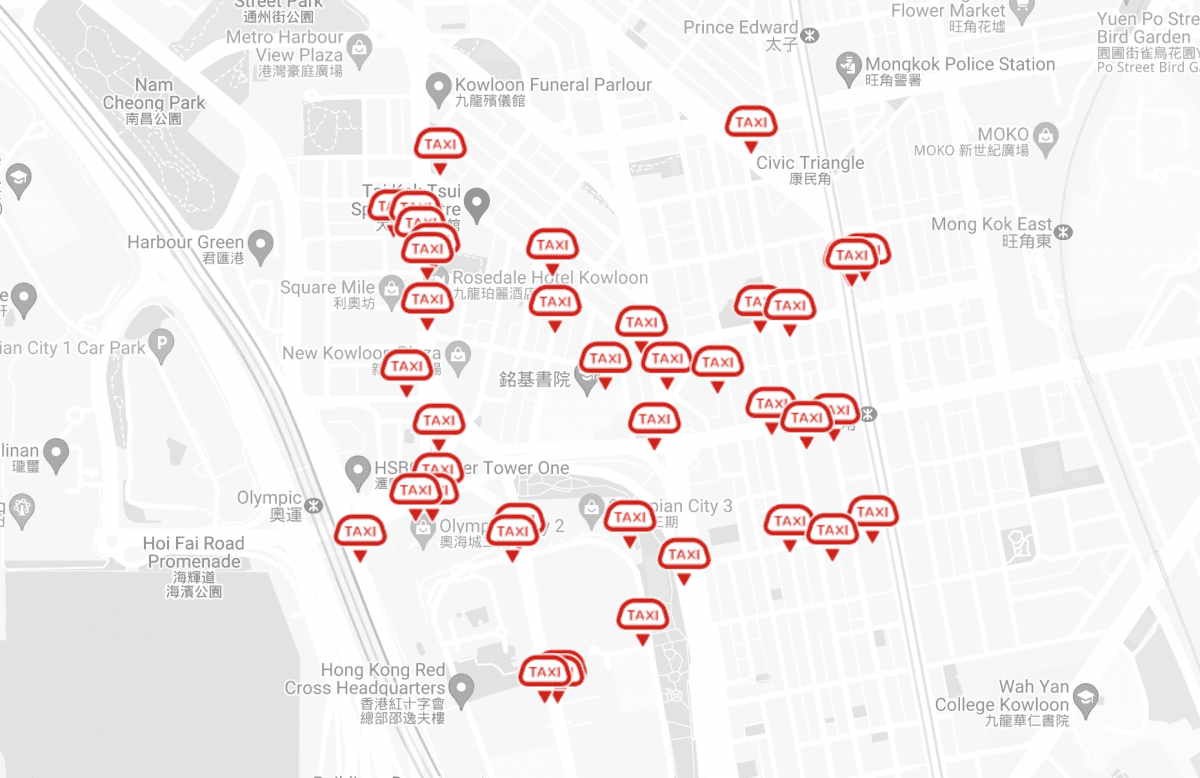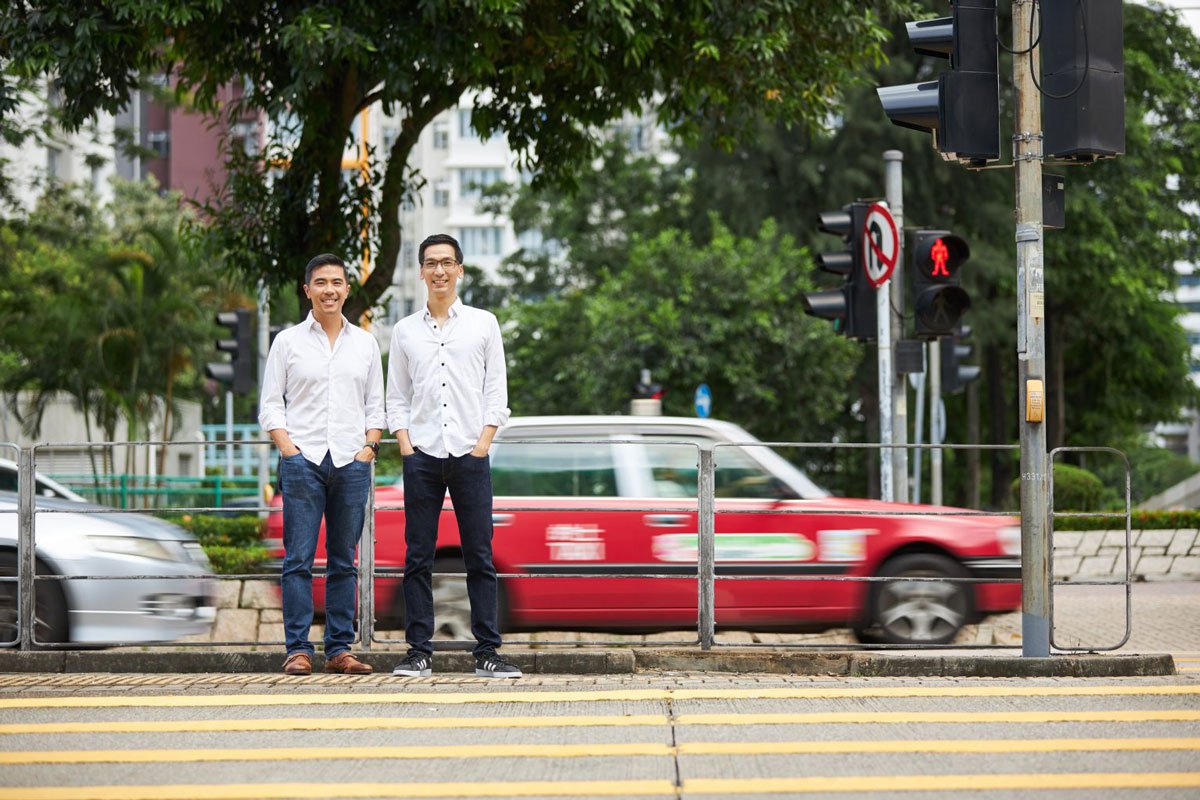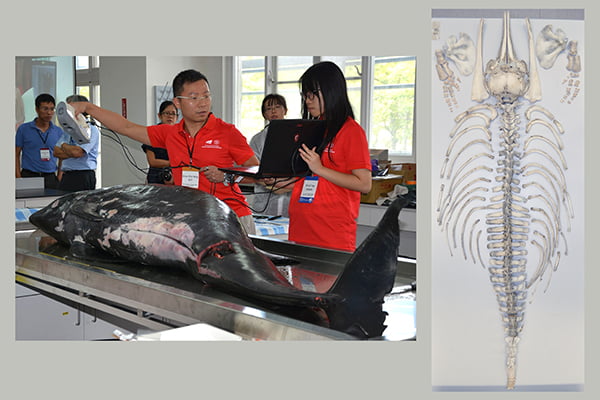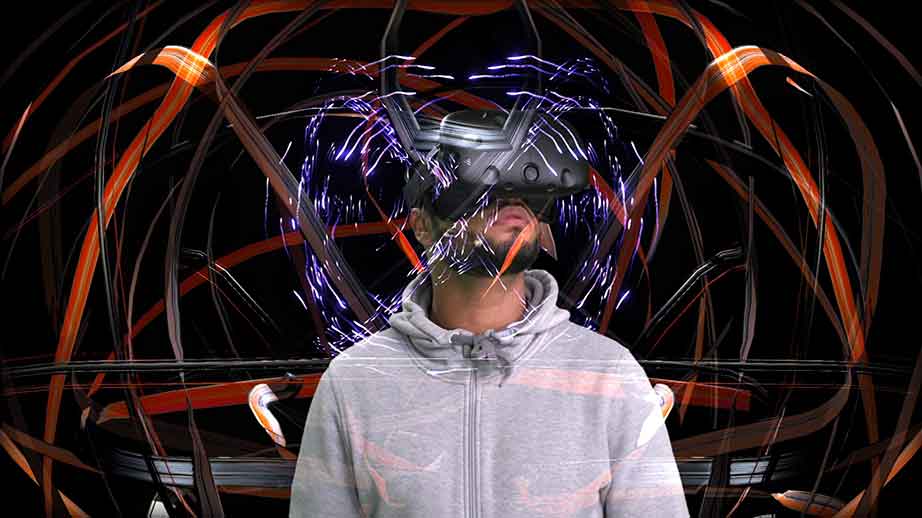https://bcmagazine.smugmug.com/Bcene-photos/2014/OccupyHK-29-September-2014/44640815_wssnHW#!i=3572981998&k=7BcXHJj
A recent paper by Lokman Tsui, a professor at the School of Journalism and Communication of the Chinese University of Hong Kong offers a chilling look at how authorities in Hong Kong outdid their rivals during the 79-day Occupy Central movement that hit the city in late 2014.
The Occupy movement braved police violence as well as political pressure and intimidation on and offline from Hong Kong and mainland Chinese authorities before being driven out by police. Technology played an important role in the movement’s organization and coordination, becoming “a critical channel for communication with the public,” according to Tsui. He described this as “a fairly typical script” for how technology aids social movements.
In response, the government not only defended itself but, as Tsui states, went on the offensive. His paper describes the various tactics deployed by the government and its allies to dissuade and diminish the Occupy movement.
Abusing outdated online surveillance laws
The current surveillance regulation ordinance only refers to telephone, fax and postal mail, and makes no mention of Internet communications. By repeatedly refusing to confirm whether its protections extend online, the government is implying that there are none.
Twisting an online fraud protection law to arrest activists
“One of the more problematic arrests made under [Crimes Ordinance] Section 161 includes charging a 23-year-old from Mongkok with ‘access to computer with criminal or dishonest intent’ and ‘unlawful assembly’ for allegedly messaging folks on an online discussion forum to join him in a protest in Mongkok.”
De facto online censorship using content removal requests
“The number of requests for content removal in the four months of October 2014 until February 2015 exceeds the number of requests made in the previous four years combined.”
DDoS attacks on an unprecedented scale
“The pro-government side was able to hit a series of critical websites with an unprecedented amount of junk traffic (500 Gigabytes per second), including the website of the Apple Daily, a pro-democracy newspaper in Hong Kong, and PopVote, Hong Kong University’s online voting platform, leading Matthew Prince, the CEO of a hosting company that specializes in DDoS protection, to call it the ‘largest cyber attack in history.’”
Paid “50 cent” Internet commenters
Pro-government comments flooded online forums, blogs and social media networks similar to the paid online commentators working for the government elsewhere. It is generally believed that the pro-government commentators are hired by political groups sponsored by the Hong Kong government and Beijing.
Painting technology-related activities as a US conspiracy
In the case of Hong Kong, the government was “pushing a narrative of ‘foreign interference’, a xenophobic narrative that accuses civil society organizations of being inauthentic, that they are being used and funded by foreign governments, especially the United States government, who seek to undermine and weaken China by fomenting revolution in the name of ‘democracy.’”
Tsui ends the paper on a sobering note:
The Internet still has the potential to empower social movements; they might even allow temporary gaps of freedom. But the [Occupy Hong Kong] movement suggests that both the Internet and Hong Kong are at a crossroads, that both cannot take its freedoms for granted. This is not to say that spaces of autonomy and freedom no longer exist online or in Hong Kong; however, they are increasingly being marginalized and, at this point in time, are best understood as the exceptions rather than the norm.
Tsui’s paper, titled The Coming Colonization of Hong Kong Cyberspace: Government Responses to the Use of New Technologies by the Umbrella Movement, was published in the Chinese Journal of Communication in July 2015. Read the full paper on Tsui’s blog.
Originally published on Global Voices, some edits made 









